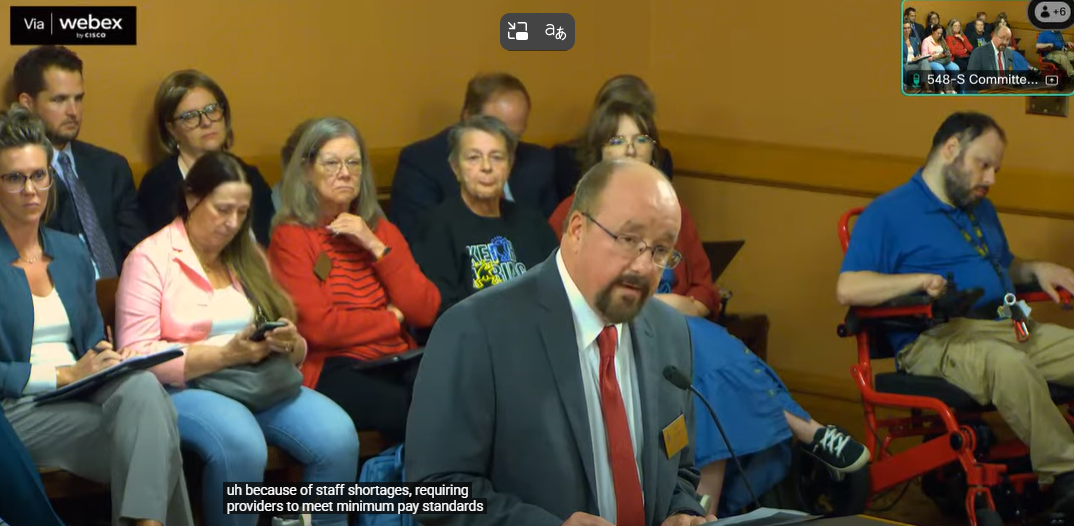CMS Issues Major Updates to Nursing Home Care Guidelines
If you have a loved one in a nursing home, there’s important news about changes that could impact their care. The Centers for Medicare & Medicaid Services (CMS) has issued significant revised guidance for nursing home surveyors, with updates spanning everything from admission and discharge policies to medication use and infection prevention practices. These changes, effective February 24, 2025, aim to enhance the health, safety, and quality of life for residents in long-term care facilities.
What’s Changing?
CMS’s new 900-page revised long-term care surveyor guidance document includes updates to critical care areas such as:
- Medication Use and Chemical Restraints: A key focus is reducing the unnecessary use of psychotropic medications. Facilities must prioritize non-drug treatments unless clinically inappropriate and cannot use psychotropics as “chemical restraints” for staff convenience. Residents and families also gain stronger rights to be informed and make decisions about medication use.
- Infection Control: Enhanced measures, including updates for preventing the spread of multidrug-resistant infections and COVID-19, will improve safety for residents.
- Admission and Discharge Practices: New guidance on prohibiting the requirement of families or third parties to guarantee payment in admission agreements and clarify when discharges or transfers are considered inappropriate.
- Personalized Pain Management: Updated pain management guidance aligns with the latest CDC standards, focusing on individualized treatment plans tailored to residents’ needs.
Medication Rights: A Focus on Psychotropics
CMS is strengthening protections against the misuse of psychotropic medications, such as antipsychotics. These medications should only be used when necessary and with clear medical justification.
“This change will help to streamline the survey process, increase consistency, and strengthen our message that facilities must prevent the unnecessary use of psychotropic medications,” CMS said in a memo signed by David Wright, director of quality, safety and oversight. Residents also retain the right to refuse or accept treatment after being fully informed of their options.
Surveyors, who inspect nursing homes for compliance, are now required to:
- Investigate cases where antipsychotics are prescribed without sufficient medical documentation.
- Interview medical directors over their role in the use and abuse of unnecessary medication, especially for residents diagnosed with conditions like schizophrenia without proper evidence.
Strengthening Oversight and Care Standards
Beyond medication use, CMS is addressing broader care issues:
- Enhanced Accuracy: New instructions help ensure health assessments accurately reflect residents’ needs.
- Health Equity: Facilities must now consider factors like race, socioeconomic status, and language when addressing health disparities and developing quality improvement plans.
- Physical Environment: Newly certified facilities gain more flexibility in meeting certain room and bathroom requirements.
What Families Should Know
These updates mean more transparency, better oversight, and stronger protections for residents:
- At the request of nursing facility residents, families should be involved in care decisions and ask about how these changes will affect their loved ones.
- Nursing homes must provide safer, higher-quality care without the use of unnecessary antipsychotic medication, with greater accountability for medical directors and staff.
- Surveyors will have clearer tools to identify noncompliance, ensuring facilities meet residents’ needs.
Looking Ahead
The updated guidelines take effect in February 2025, giving nursing homes and their staff time to adjust. Training on these changes is already underway.






